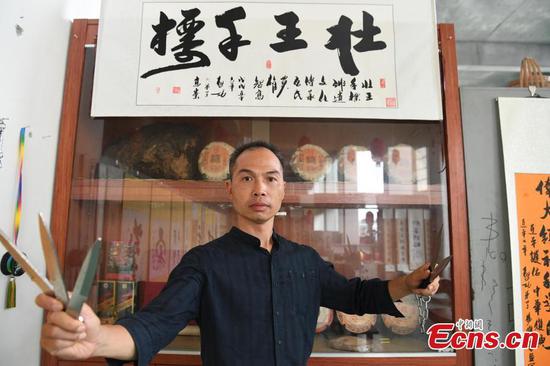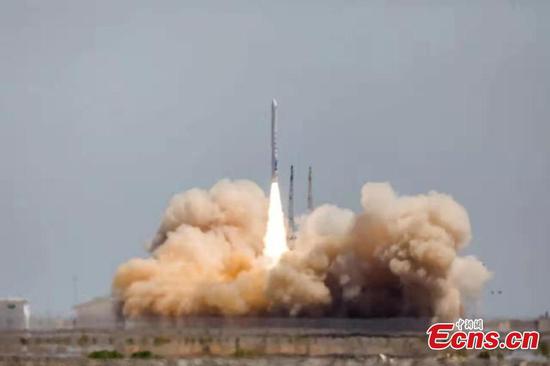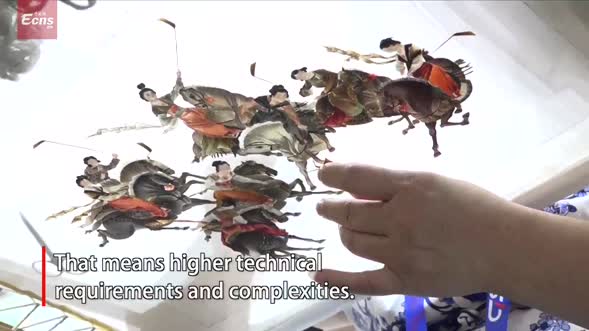Researchers from the University of Colorado Boulder developed a low-cost, high-performance battery chemistry that could one day realize scalable grid-level storage for wind and solar energy, thus reducing people's reliance on fossil fuels.
The study published on Thursday in the journal Joule reported two flow batteries using chromium and organic binding agents to achieve exceptional voltage and high efficiencies.
Renewable energy is currently lacking a large-scale solution for storing harvested energy and re-deploying it to meet demand when the sun isn't shining and the wind isn't blowing. The lithium ion is ill-suited to meet the capacity of an entire wind turbine field or solar panel array.
The aqueous flow batteries that keep two active ingredients separated in liquid form in large tanks could distribute energy in a managed fashion, just like the way a gas tank provides steady fuel combustion to a car's engine, but they failed to gain a broad commercial use due in part to their high operating costs and comparably low voltage, according to the researchers.
They modified a non-toxic agent used in some hand soap and food preservatives, and made it into a shield around the chromium electron to prevent water from hampering the reactant. The system allows one of the battery cells to disperse 2.13 volts, nearly double the operational average for a flow battery, according to the study.
Also, the chemistry works at the relatively neutral pH of 9, unlike other batteries using highly corrosive acid, which is difficult to work with and to dispose of.
The size is less of an issue for grid-scale systems, because it would just be attached to an already large structure, but the cost is the biggest challenge, according to the researchers. The chromium and organic binding agents are abundant in nature, offering future promise for cost-effective manufacturing.
"You could order 15 tons of these materials tomorrow if you wanted, because there are existing factories already producing them," said Michael Marshak, the paper's senior author and an assistant professor in the university's Department of Chemistry. Enditem


















































